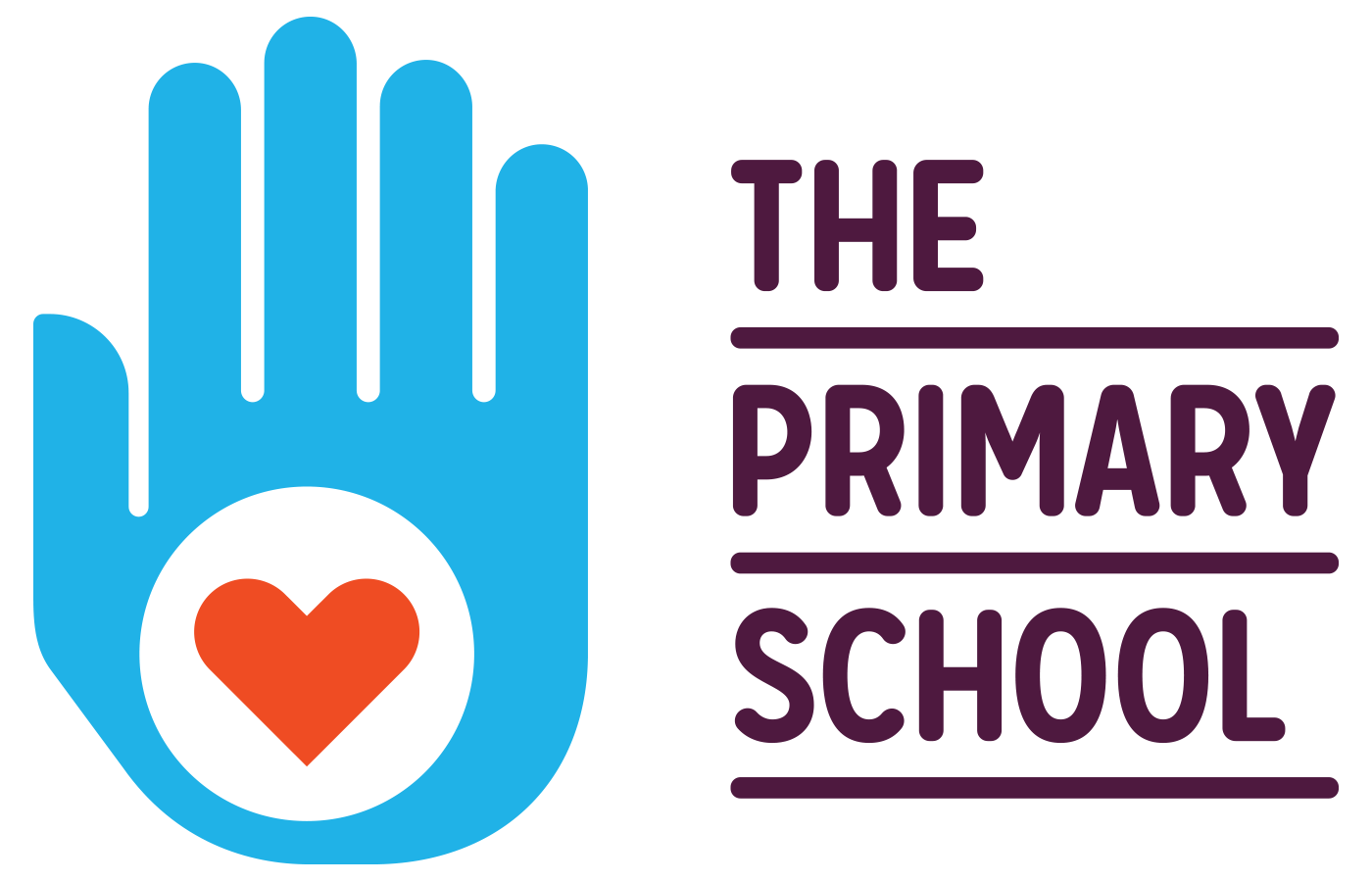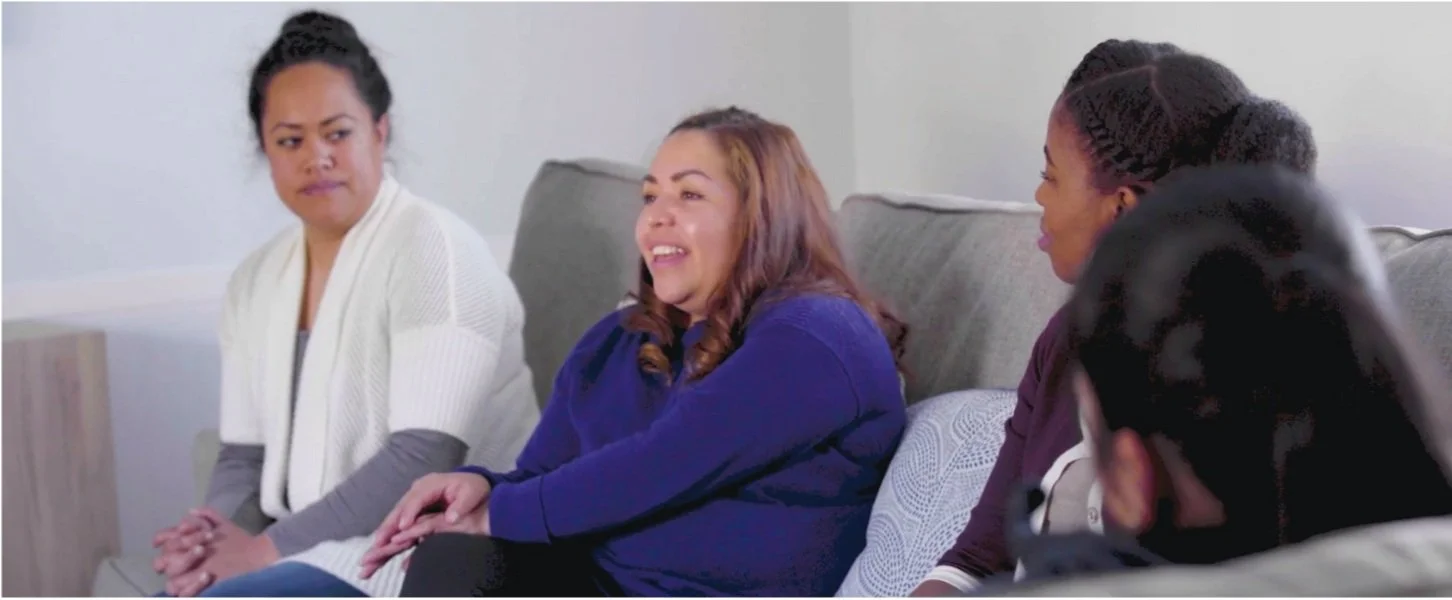
THE NEED
Families today regularly encounter a multitude of stressors, ranging from the challenges of finding child care to difficulty meeting basic needs. These stressors are often compounded by the effects of poverty and systemic racism, social isolation and loneliness (exacerbated by the COVID-19 pandemic), and the presence of adverse childhood experiences (ACEs).
ACEs not only cause contemporaneous mental and emotional distress,(1) but can also continue to affect individuals in adolescence and adulthood. Children who experience toxic stress (2) undergo changes to their brain that affect their attention span and their ability to learn, make decisions, and regulate their emotions and behaviors.(3) Adults with a history of ACEs are more likely to experience poor physical and mental health outcomes, such as alcoholism, depression, cancer, obesity and heart disease.(4) As impacted adults have children of their own, the cycle of toxic stress can continue, passing on from generation to generation.
Not all communities are affected by ACEs equally. While 45% of children in the United States have experienced at least one ACE, that number rises to 61% and 51% for Black and Latinx children, respectively — unsurprising, given the disproportionate impact of multigenerational poverty, under-resourced neighborhoods, and systemic racism.(5) ACEs and poverty also have a cyclical relationship: people living in poverty are more likely to experience ACEs and ACEs have a strong correlation with subsequent poverty.(6) Unfortunately the communities most in need of resources and supports tend to have the lowest level of access. People living in poverty are more likely to have physical and mental health concerns, yet 26% of people living in poverty are uninsured and 42% view the high cost of mental health care as a barrier to access.(7)
Recent studies have demonstrated that there is a substantial link between caregiver mental health and wellbeing and the wellbeing of their children.(8) The Centers for Disease Control and Prevention (CDC) has declared that parent and caregiver wellbeing is a critical public health priority, best addressed through investing in programs to support maternal mental health and improve health equity.(9)
The Opportunity
At The Primary School, we believe parents are not just caregivers but individual adults with passions, unique strengths, and incredible resilience. Our wellness-centered, relationship-focused programming aims to provide and supplement supports in order to help mitigate the impacts of toxic stress and adverse childhood experiences on parents (broadly defined as all adult caregivers) and, in turn, children.
The disruption caused by the COVID-19 pandemic brought even more attention to the effects of toxic stress and the need for greater emotional health support structures. In recent years, policymakers have pushed for more preventative measures regarding ACEs: in 2019 the CDC published a report noting that preventing ACEs had become a priority, and California followed suit by launching the ACEs Aware initiative, funding community-based approaches to addressing ACEs and toxic stress.
Here at The Primary School, we practice a strength-based approach to two-generational support, including ACEs mitigation. Using the framework defined by the Center for the Study of Social Policy, we center our programming in helping parents develop and strengthen five Protective Factors:
Parental resilience;
Social connections;
Knowledge of parenting and child development;
Concrete support in times of need; and
Social and emotional competence of children.
In particular, we believe there is an opportunity to both underline the importance of support networks — including both professionals and peers — and incorporate stress management practices as tools to mitigate ACEs and other stressors.
By supporting parents (and by extension, their children) to understand that they personally have the power to separate their wellbeing from their circumstances and experiences, they are empowered with the agency to regulate themselves and to improve their own physical and mental wellness through behavior changing tools and practices. These concepts — rooted in neuroscience, mindfulness, and trauma-informed approaches to care — are the foundation of the Parent Program at The Primary School.
The Program
The Primary School’s Parent Program supports families from early childhood into late elementary school via a series of group and one-on-one experiences for parents that address the needs of two generations (children and their parents) in order to strengthen their lives together.
Success is achieved through partnering with parents to both develop self-efficacy and build a network of peer support that invites reflection and increases protective factors. Social connections and relationships are centerpieces to the program, resulting in a practice that creates space for parents to set individual goals that are manageable, values-driven, and intrinsically motivated. The program’s ideal outcomes are threefold:
Healthy Individuals: parents are resilient adults who are successful, healthy, and happy in their own right.
Involved Parents: parents embrace skills they value to reach their vision of effective support for the health, development, and education of their children.
Safe and Stable Homes: families and homes are stable and safe for children, and concrete needs such as financial, food, and housing security are met.
Each family is assigned a dedicated Parent Wellness Coach who stays with them throughout their tenure at The Primary School and facilitates the overall experience for parents in both individual and group settings. Coaching is driven by liberatory principles (e.g., asking “what do you feel is best for you?” rather than conveying that “we know what is best for you”) and is meant to craft a deep partnership during a family's journey towards achieving their vision of success for themselves.
Group coaching is used to encourage parents to reflect through the lens of their relationships (with themselves, their child, and their child’s development), explore and learn new concepts, share valuable skills and resources, and deepen their sense of community with peers. In conjunction with group coaching, individual coaching is used to invite reflection, self awareness, and develop personal goals. The combination of group and individual coaching supports the building blocks for sustainable behavior change year over year, adapting to family capacity and motivation.
Outcomes
Our data shows that the program is making an impact for families. Service referrals (e.g., for access to food, housing, legal services, etc.) are consistent, program attendance is regular, satisfaction is high, and we see an increase over time in parent reporting of protective factor strength across four domains: parental resilience, social support & connections, concrete support, and social & emotional support of children. Eventually, we anticipate that the data will validate our assumption that these outcomes for parents will ultimately lead to improved health, developmental, and education outcomes for their children.
The Future
We have seen firsthand the benefits of supporting parents to increase their own resilience and well-being by partnering with them and meeting them where they are.
From our standpoint, investment in children is not enough. We need to invest in the entire family unit, and we are confident that empowering parents to grow and thrive alongside their children will pay significant dividends in both the short and the long term.
The Parent Program currently operates at both our East Palo Alto and East Bay sites, and we are also in the early stages of engaging partners to collaborate on implementing the program in different locations and contexts. We hope that through partnership, we can continue to learn and refine the program to make it both replicable and adaptable to varying community needs.
We view parental support programs as a critical piece of effective early childhood and elementary education systems, and as policy change happens at the local, state, and federal levels, we hope to see a multi-generational approach take hold. The Parent Program has the capability to be integrated into a variety of environments, including schools, healthcare settings, and community centers. We believe it can be a valuable element in many of the forward-thinking initiatives being discussed and implemented both Nationally and in California, such as community school models, primary care and mental health care system response to ACEs, and increased investments in early childhood services.
As we continue in this next phase of our evolution, we look forward to finding a set of new and diverse partners and families who are excited to learn and grow alongside us.
Learn More
If you are interested in becoming a partner in this work, please reach out to valentina@theprimaryschool.org.
Endnotes
- ACEs are defined as painful or distressing events (such as experiencing or witnessing violence, abuse, neglect, or parental substance abuse or mental health issues) that tend to cause feelings of insecurity and instability. Preventing Adverse Childhood Experiences (ACEs): Leveraging the Best Available Evidence (Centers for Disease Control and Prevention, 2019).
- Toxic stress is defined as “High doses of adversity experienced during critical and sensitive periods of early development, without adequate buffering protection”. The Science of ACEs & Toxic Stress(ACEs Aware).
- Preventing Adverse Childhood Experiences (ACEs): Leveraging the Best Available Evidence(Centers for Disease Control and Prevention, 2019).
- Preventing Adverse Childhood Experiences (ACEs): Leveraging the Best Available Evidence(Centers for Disease Control and Prevention, 2019).
- The prevalence of adverse childhood experiences,nationally,by state,and by race or ethnicity.(Child Trends, Feb. 2018).
- A person with four or more ACEs is 21% more likely to be below 250% of the Federal Poverty Level and 39% more likely to be unemployed.A Hidden Crisis: Finding on Adverse Childhood Experiences in California. (Center for Youth Wellness).
- Why Even Healthy Low-Income People Have Greater Health Risks Than Higher-Income People. (The Commonwealth Fund, Sept. 2018).and Study Reveals Lack of Access as Root Cause for Mental Health Crisis in America. (National Council for Mental Wellbeing, 2018).
- The implications of parent mental health and wellbeing for parent-child attachment: A systematic review. (Risi et al., PLoS ONE 16(12), Dec. 2021). and Household stress and adolescent behaviours in urban families: the mediating roles of parent mental health and social supports.(Reynolds & Crea, Child & Family Social Work 21(4), Sept. 2014).
- Mental health of children and parents —a strong connection. (Centers for Disease Control and Prevention, Apr. 2022).
- Preventing Adverse Childhood Experiences (ACEs): Leveraging the Best Available Evidence. (Centers for Disease Control and Prevention, 2019).
- ACEs Aware.
- About Strengthening Families and the Protective Factors Framework. (Center for the Study of Social Policy).
- For example, Head Start programs have a “Family Advocate” role that is funded as part of the comprehensive services provided to families.







